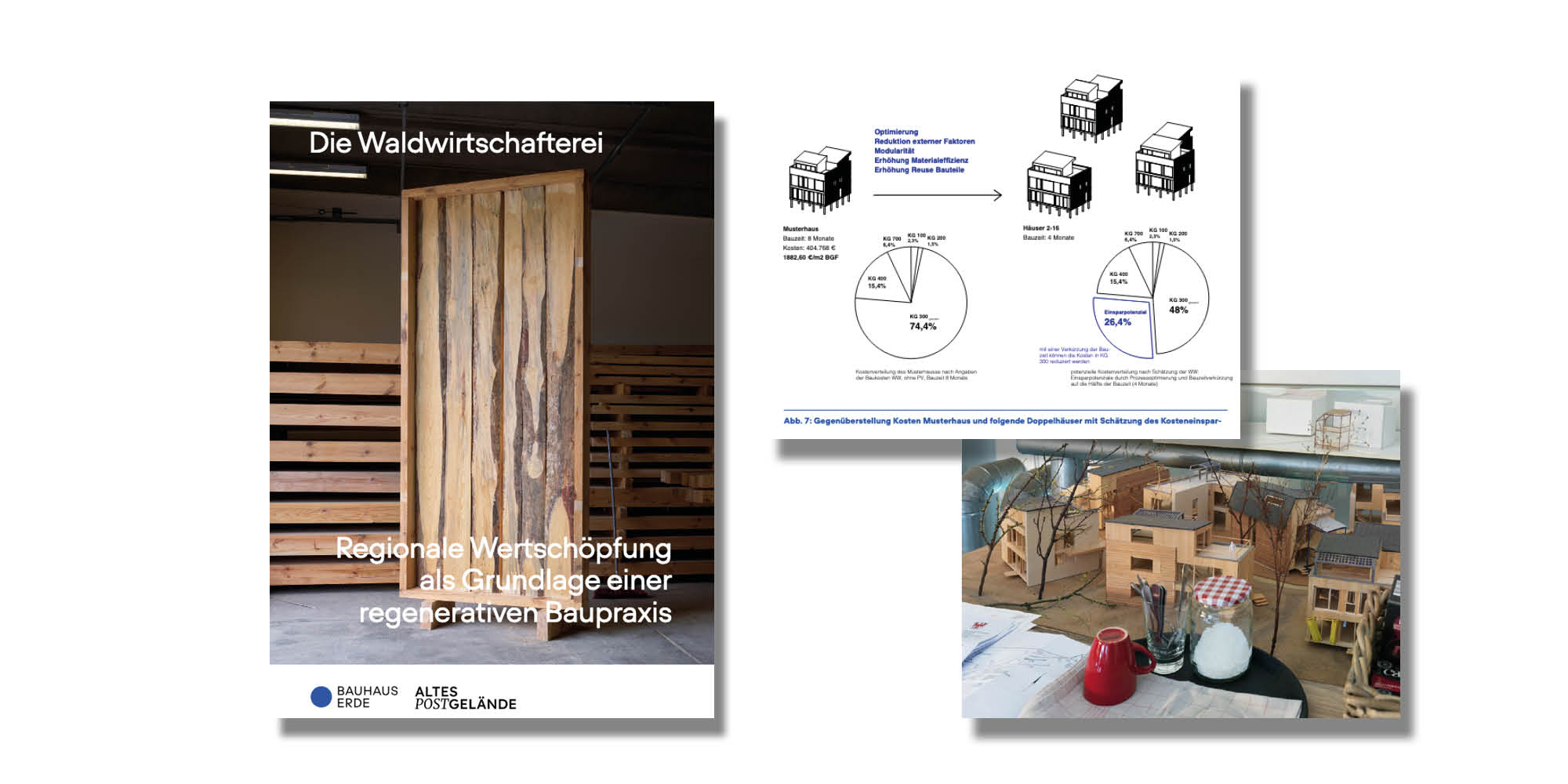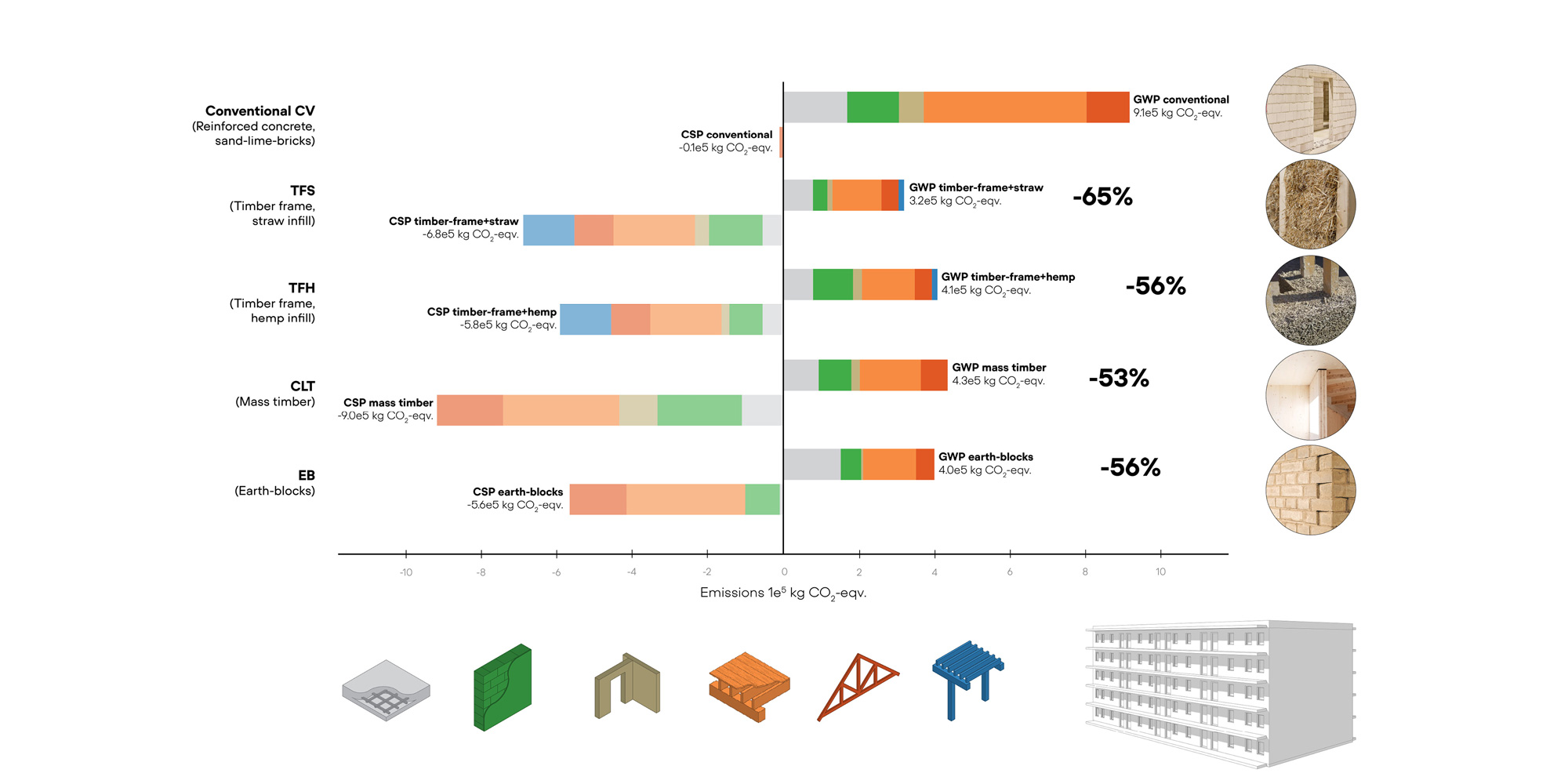
All articles
Connective Cities Dialogue Event: Global Collaboration for a Climate-Positive Built Environment
Date
5/11/2023
Read time
0
minutes
Bauhaus Earth is proud to announce our collaboration with Connective Cities to create an exchange between municipal stakeholders from around the world!
The international exchange platform Connective Cities has been bringing together international urban practitioners from city administrations, civil society, academia, and the private sector since 2014. Connective Cities is a cooperation project of the Deutsche Gesellschaft für Internationale Zusammenarbeit (GIZ), the German Association of Cities, and Engagement Global with its Service Agency Communities in One World.
In collaboration with Bauhaus Earth, a two-day conference will take place in mid-November. The event will bring together German and international representatives of municipalities and municipal companies as well as representatives from civil society, academia, and businesses who are active in municipal projects. Participants will share experiences and discuss challenges and opportunities in the transformation of the building sector toward reused and natural materials such as wood, bamboo, hemp, and clay. Connective Cities is organising the event in collaboration with the City of Potsdam Climate Protection Coordination Office, Bauhaus Earth, and the Potsdam Institute for Climate Impact Research (PIK).

Event Programme
The international exchange is divided into four dimensions to build a broader understanding of the opportunities and challenges connected to the use of regenerative materials in the building sector:
1. Technological innovations and opportunities for health-, people- and nature-centred buildings and cities;
2. Exploring urban development opportunities through strengthening regional, bio-based value chains and ensuring social inclusion along the urban-rural nexus;
3. Supporting bio-based construction through innovative legislation and financing; and
4. Procurement and sustainable sourcing
The event allows participants to understand their local context and choose an appropriate mix of the different options available based on reliable data and the identification of problems, framework conditions, and respective objectives. The capacity of participants to develop context-specific and appropriate visions and action plans for their municipalities will be enhanced, while also recognising the value of traditional practices and local experiences. Furthermore, good practice examples from municipalities with different local circumstances will be presented. The event focuses on pragmatic solutions and approaches that can be adapted to different regional contexts.
Moreover, the event aims to provide a platform to discuss the challenges around a climate-positive built environment using bio-based materials and recyclables and support municipalities in developing new project ideas that can be implemented locally or within municipal partnerships.
Partners
We look forward to welcoming a diverse group of representatives to Berlin for the event, including public and private organizations from Germany, Indonesia, Jordan, Nepal, Tanzania, South Africa, and Bhutan.
Press Gallery
Partners

414films%20(3).jpeg)
-web-(c)-414films.jpg)

